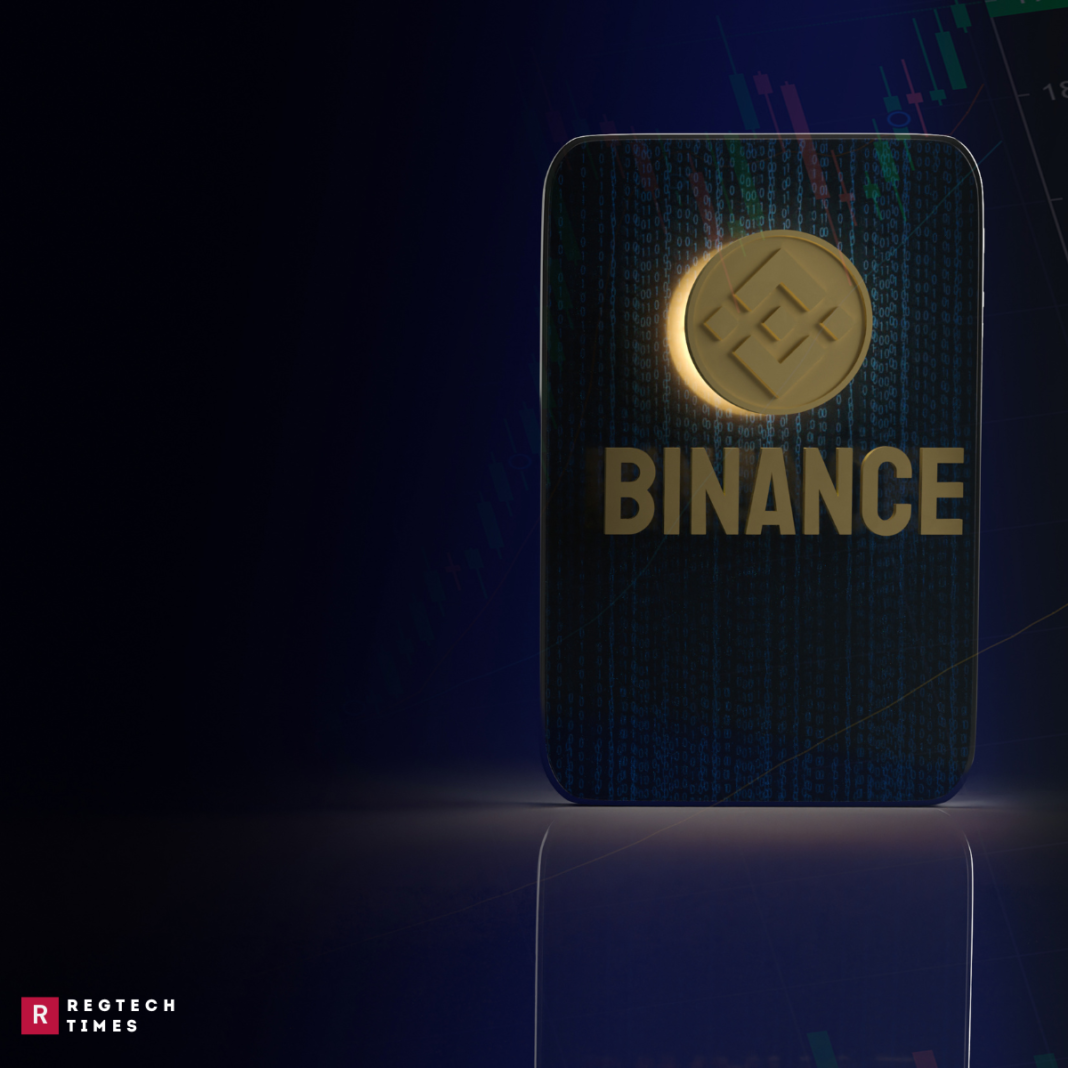The world’s largest cryptocurrency exchange, Binance, is being prevented from operating inside the jurisdiction of the Philippine Securities and Exchange Commission (SEC) through a significant action being made by the SEC. Concerns over the safety of Filipino investors’ money and the legitimacy of Binance’s activities in the nation are intensifying, which is why this decision was made. The SEC has taken a strong stand against unlicensed financial operations with its recent actions, particularly with regard to the rapidly expanding cryptocurrency industry.
The regulatory authority was given permission to register with the National Telecommunications Commission (NTC) of the Philippines with the intention of limiting local access to Binance’s main website and its affiliated platforms. This ruling highlights the government’s intention to protect investors against platforms that operate without the required regulatory clearance. The SEC’s head, Emilio Aquino, has called Binance a “threat to the security of the funds of investing Filipinos,” emphasizing how serious the matter is. The issue stems from Binance’s provision of leveraged trading products and cryptocurrency savings accounts in the Philippines without the necessary permits.
While the precise number of Filipino users on Binance remains unknown, projections from consumer intelligence platform GWI indicate that the Philippines is home to over 9.3 million cryptocurrency owners, ranking it sixth in the world for the adoption of cryptocurrencies. This large user base highlights how the SEC’s action may affect Filipino investors.
Ever since Changpeng Zhao, the former CEO of Binance, entered a guilty plea to US anti-money laundering charges in November 2023, the SEC has been issuing warnings. The SEC announced its intention to outlaw Binance that same month, but the move was temporarily shelved because of changes in the organization’s leadership. Significant internal changes have also occurred at Binance, including the departure of Kenneth Stern, who oversaw the company’s activities in the Philippines.
The NTC has directed internet service providers (ISPs) to ban access to Binance in retaliation for the SEC’s mandate. Filipino internet users are, nonetheless, managing to get past this prohibition, mostly by using Cloudflare’s mobile WARP extension and its 1.1.1.1 DNS resolver. By providing a workaround for ISP DNS limitations, these services illustrate the tenacity and need for unrestricted internet access among the Filipino people.
The SEC’s move to ban Binance is a blatant indication of the legal difficulties the cryptocurrency industry in the Philippines and across the world is now experiencing. After being hailed for their ability to completely transform financial institutions, cryptocurrencies are currently under close scrutiny due to their involvement in well-publicized fraud incidents and regulatory violations. The SEC’s measures are not unique; in Nigeria and Russia, among other places, Binance and other cryptocurrency platforms are the subject of investigations and prohibitions.
In December 2018, Binance launched its operations in the Philippines, originally projecting a user base of about five million Filipinos. Since then, it has made an effort to increase its presence in the nation by incorporating regional payment methods like GCash and providing peer-to-peer trading in Philippine pesos. Notwithstanding these initiatives and its noteworthy financial results, Binance finds itself at a crossroads in its Philippine operations, which is indicative of larger issues in the way the cryptocurrency sector interacts with legal frameworks and the need to safeguard investors.



